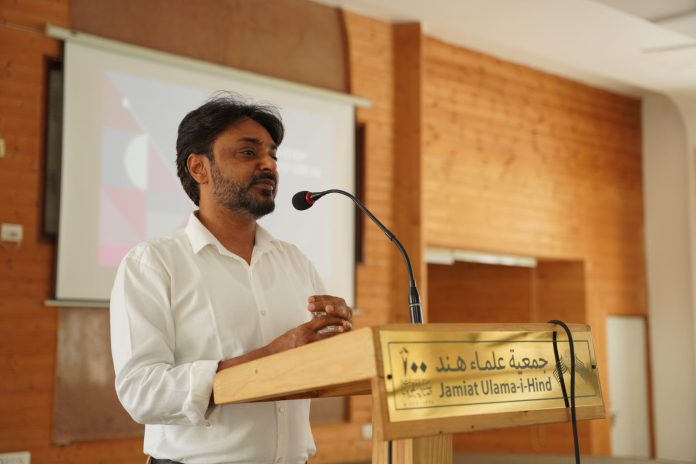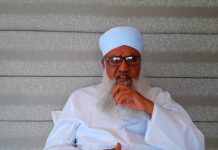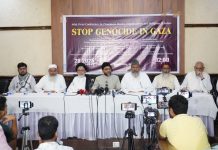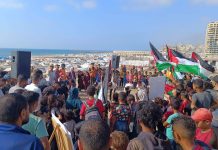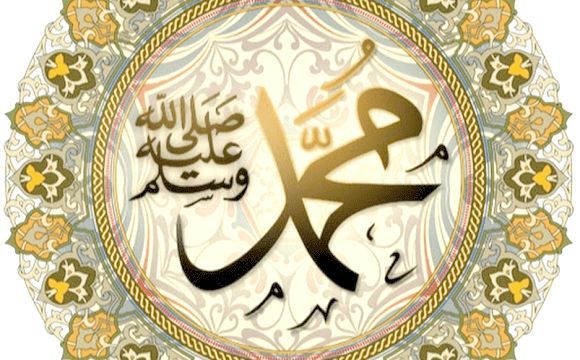By Mohammad Shahnawaz
On 15 August 1947, when the tricolour first flew over a free India, it wasn’t the victory of one religion, region, or ideology. It was the result of a century-long struggle fought by millions — and Indian Muslims were in it from the first spark to the last mile.
The Fight for Freedom
From the ramparts of 1857, Bahadur Shah Zafar, Begum Hazrat Mahal, and Maulvi Ahmadullah Shah stood against the might of the British. In the decades that followed, Maulana Abul Kalam Azad carried the case for a united India into the highest political arenas. Ashfaqulla Khan was hanged at 27 for daring to strike at colonial power in the Kakori conspiracy. Rafi Ahmed Kidwai organised people and resources for both the fight and the governance that would follow. Poets like Hasrat Mohani, who coined Inquilab Zindabad, gave the movement its rallying cry.
When independence came, our role didn’t end. It entered a new phase.
Building the Republic
In governance, Zakir Husain rose from educationist to President of India, shaping Jamia Millia Islamia into a national institution. Syed Mahmud helped frame India’s place in a newly forming world order.
In defence, Brigadier Mohammad Usman became a hero of the 1947–48 Kashmir war, and Air Chief Marshal Idris Hasan Latif later led the Indian Air Force. Muslim soldiers have stood in every theatre of war since independence.
In science and industry, Dr. A.P.J. Abdul Kalam steered India’s missile and nuclear programmes before serving as a beloved President. Azim Premji built Wipro into a global tech powerhouse. Yusuf Hamied’s Cipla broke monopolies to make life-saving medicines affordable worldwide.
In culture, Ustad Bismillah Khan’s shehnai became the soundtrack of the nation’s celebrations. Actors like Dilip Kumar and Waheeda Rehman brought dignity and depth to Indian cinema. Writers from Kaifi Azmi to Javed Akhtar used their words to capture the country’s soul.
On the ground, Muslim farmers, traders, and craftsmen sustained industries from UP’s looms to Kerala’s fishing fleets. We built railways, staffed factories, and kept trade flowing. We didn’t just inherit India — we made it work.
Our Place in the Story
The India of today — its institutions, economy, arts, and armed forces — carries Muslim fingerprints. This is not a seat we were given. It’s one we built, brick by brick, alongside millions of others.
1947 was ours too. The freedom we won is not someone else’s gift; it is our collective achievement. And the India that stands today is not just where we live — it is what we helped create. That’s not a claim to be defended. It’s a fact to be remembered.
Our task now is the same as it was then: to protect this freedom, deepen its meaning, and keep building the country we fought for. Because if 1947 was ours too, so is every tomorrow.

